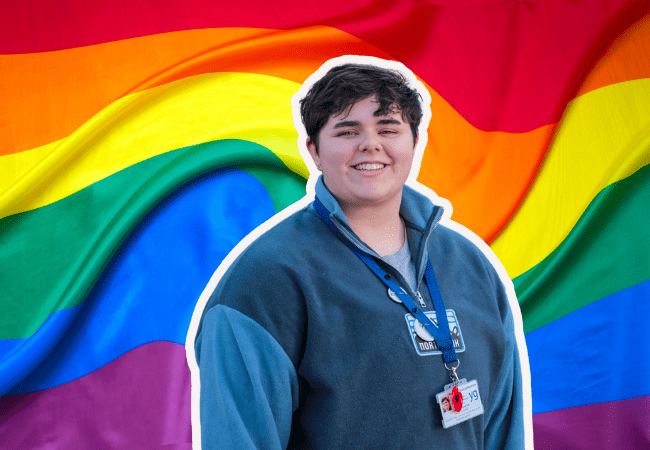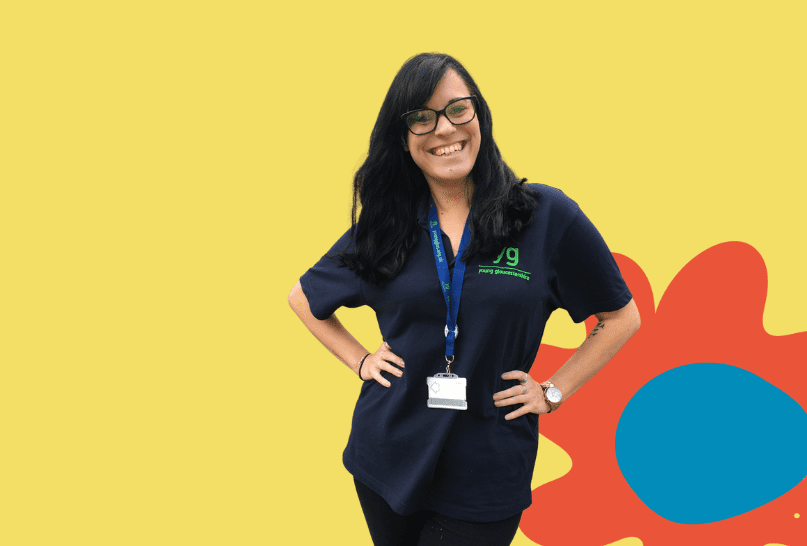
Exploring how good relationships can turn bad.
TRIGGER WARNING. This post talks about abusive relationships.
“Relationships can feel like a total mine field. No single relationship is the same and that is what can make relationships so tricky to understand. Often relationships can feel wonderful at the beginning but some can become more negative as time goes on. The young people I work with are often exploring new relationships and the ups and downs that can come along with them. I meet lots of young people who are enjoying great relationships that are supportive and loving, but there are others that are struggling to understand what a loving relationship should look like. This blog explores just that. It will talk about some of the signs of an unhealthy or “toxic” relationship and how they might not always be easy to spot.
“New relationships are generally really exciting at the start. They can make us feel like we have butterflies in our stomach. The start of a new relationship is often called the “honeymoon period”. Everything is new and exciting. You feel like you want to be with that person all the time and you feel so happy that you have a smile glued to your face so much that your cheeks hurt.
“Eventually the honeymoon can start to fade, we may move into a more stable period of our relationship where we feel safe, content and comfortable. We’ve lowered our guard and allowed this person to see all sides of us, including our vulnerabilities and our weaknesses. Unfortunately it’s a horrible fact that some partners will exploit this and you may not see that it is happening. We can be so wrapped up in that honeymoon period that we can start to lose sight of ourselves, questioning our own judgement, challenging our values and adapting ourselves in ways that we aren’t really comfortable with. In some cases this can be where negative behaviours have a chance to creep into relationships.
“Let’s talk about gas lighting. What is gas lighting? It can be tricky to spot, it is a covert type of emotional abuse where your partner misleads you, creating a false narrative and making you question your judgements and reality. The victim of gas lighting starts to feel unsure about everything in their world and even wonders if they are losing their sanity, you are made to feel like everything is wrong and it’s all because of things you have done.
“Gas lighting is subtle and can start off really small. You’ve made a decision and you’re happy with it, but then your partner asks you questions that make you challenge that decision and ultimately feel foolish for making it at all. An example might be as simple as what you’re making for dinner. You tell your partner that you’ve been thinking about macaroni cheese all day and you’re so excited to finally eat it that you rushed to the supermarket and picked up all the ingredients. When you put it down in front of them with a smile on your face, they say something that makes your heart sink “what the heck is this? Why on earth would you think that macaroni cheese is a good meal to have in the middle of the summer?” Or maybe they go further; “that’s the most stupid thing I have ever seen you do! Are you thinking straight? I’m taking a photo of this dinner and sending it to my friends, because they’re going to agree how stupid this is.”
“You feel incredibly hurt, but you also feel foolish and embarrassed. The fact that they’re telling their friends means they must be right and you must be wrong. You must be stupid, why did you think this was a good idea? This one incident leaves a little acorn of self-doubt in the pit of your stomach and if your partner continues with this behaviour, it will grow.
“What can often follow gas lighting is coercive controlling behaviour. Coercive control is any controlling behaviour; either a one-off act or a pattern of acts which takes away another person’s freedom and ability to feel positively about themselves which results in the victim feeling more dependent on the abuser.
“Because you feel that you can’t trust your own judgement you believe them when they tell you that you’re brand new outfit makes you look awful and you should change it. Or that you shouldn’t go out with your friends because they secretly hate you and your family take advantage of you. Eventually you stop wearing clothes that make you feel good about yourself. You stop doing the things that bring you joy, you isolate yourself from your friends and family until eventually the only person you have in your life is your partner.
“All of these examples are emotional and mental abuse, which on occasions can also lead on to physical and sexual abuse.
“If your relationship is starting to turn negative there will be signs you can spot. But in order to do so, you have to take time for yourself to remember who you are and your value. Perhaps stand in front of a mirror and ask yourself these questions:
- Are you isolated from friends and family?
Are you always on your own? Do you still go to the places you used to? - Are you free to do as you wish?
Do you feel like you’re able to do whatever you want whenever you want it? Or do you worry about the consequence if your partner finds out? - Do you feel supported by your partner?
When you reflect on your day do you feel good or has everything you’ve done been judged and criticised by your partner? - Does your partner show you trust and respect?
Did you tell your partner that the bus was at 10am and you’re waiting but they’re not there? They’ve just ignored what you planned and what you wanted and now you’re left feeling awful and alone. - Are you confident about who you are?
When you think of what you love, what makes you happy, have you done any of this recently? - Do you take time for yourself?
Do you show yourself self-care? Or do you feel like you don’t deserve this? - Are you always waiting for things to change or get better?
“When we’re in love, we can justify poor behaviour. We can tell ourselves that they don’t mean it, they’ve had bad previous relationships and they don’t know how to show love and that’s why they don’t trust you. Or perhaps they’re under the influence of alcohol or drugs when they behave like it, so you know it’s not who they really are. Maybe they’re nice to you sometimes, they brought you a coffee in bed this morning, so they must really love you. They’re not all bad.
“So let’s end this with going back to the beginning. Let’s talk about when the honeymoon period had ended and you cooked that fabulous macaroni cheese. When they challenged you, you knew that they were wrong and that dinner was great, you’d told people all day that you were going to cook it and no one else said what your partner said.
“This is why it is so important to always try our hardest to remain true to ourselves, especially when we start new relationships. Remember that you’re capable of making your own decisions and you’ve been doing a great job of it so far.
“If any of these negative behaviours are appearing in your relationships please talk to someone about it. A friend, a youth worker, a family member, a teacher…anyone that makes you feel safe. But when you do that, you have to listen to what they’re saying. Allow yourself to hear that you’re being treated badly and that you deserve more. That’s when you can start the journey back to yourself.
“Love should make you feel safe and happy. That’s what we all deserve.”
If this blog post has made you feel like you need to talk to someone, please reach out to us here at YG.
Or you could contact Street the Safe Teenage Relationship Education & Empowerment Team, A county wide service providing specialist support for young people, aged 13-19, who are affected by domestic and teenage relationship abuse and/or displaying harmful behaviours in their close relationships.
Call: 01452 228802
Email: STREETreferrals@victimsupport.org.uk
Or GDASS. Gloucestershire Domestic Abuse Support Service is a county-wide service designed to reduce the level of domestic abuse and improve the safety of victims and their families.
Call: 01452 726 570
Visit: www.gdass.org.uk
Email: support@gdass.org.uk
You may also like...
Running for Wellbeing
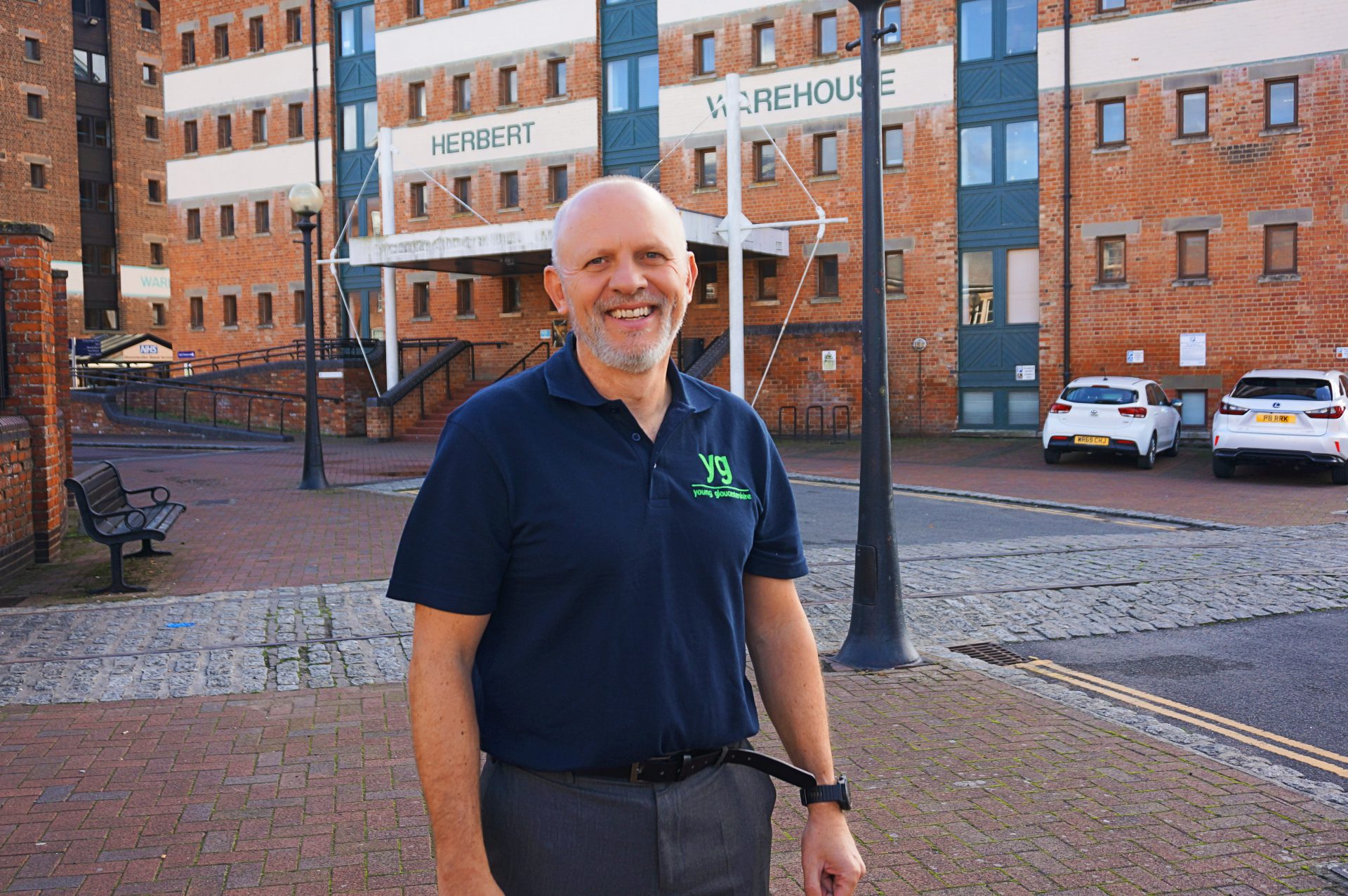
Stress Awareness
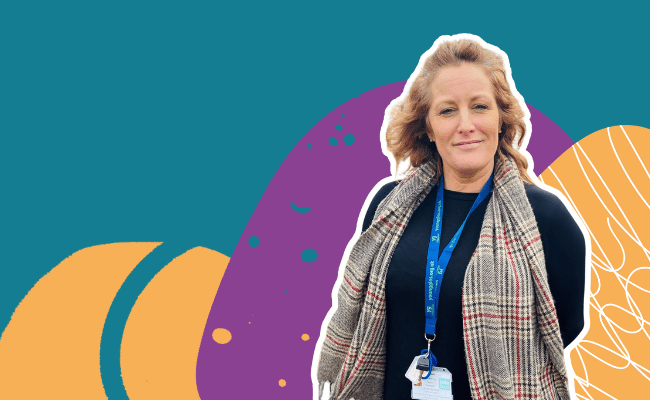
Ramadan
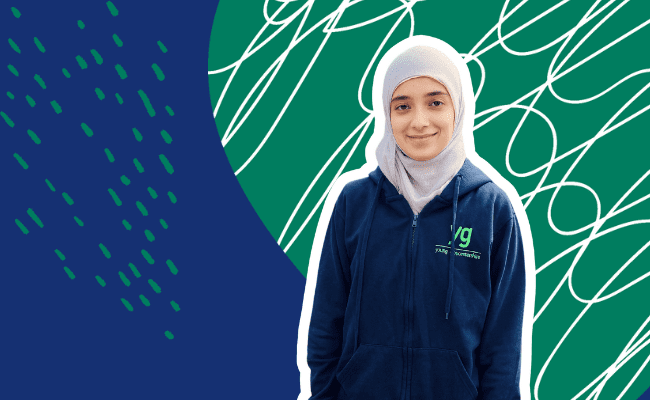
changing attitudes of parents
